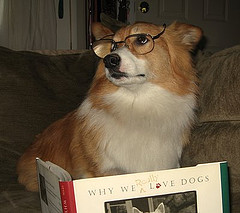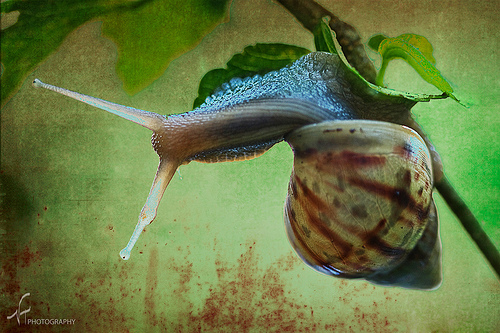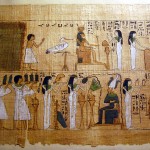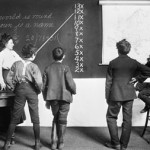
Photo by Sansanparrots on Flickr
Another article about whether reading – in the way we have known it – has changed forever; and is reading books becoming extinct as we are lured by online offerings.
People of the screen by Christine Rosen in the online journal The New Atlantis: a journey of technology and society is certainly worth reading. It tackles this subject with a wide net, and even though you may not agree with everything that is stated, it is an excellent basis for discussion.
The article deals with many aspects of the reading issue. Here it talks about the decline of reading for pleasure:
In 2007, the National Endowment for the Arts (NEA) published a report, To Read or Not To Read: A Question of National Consequence, which provided ample evidence of the decline of reading for pleasure, particularly among the young. To wit: Nearly half of Americans ages 18 to 24 read no books for pleasure; Americans ages 15 to 24 spend only between 7 and 10 minutes per day reading voluntarily; and two thirds of college freshmen read for pleasure for less than an hour per week or not at all. As Sunil Iyengar, director of the NEA’s Office of Research and Analysis and the lead author of the report, told me, “We can no longer take the presence of books in the home for granted. Reading on one’s own—not in a required sense, but doing it because you want to read—that skill has to be cultivated at an early age.” The NEA report also found that regular reading is strongly correlated with civic engagement, patronage of the arts, and charity work. People who read regularly for pleasure are more likely to be employed, and more likely to vote, exercise, visit museums, and volunteer in their communities; in short, they are more engaged citizens.
Here is an interesting take on the type of personality apparently suited to online reading:
For centuries, print literacy has been one of the building blocks in the formation of the modern sense of self. By contrast, screen reading, a historically recent arrival, encourages a different kind of self-conception, one based on interaction and dependent on the feedback of others. It rewards participation and performance, not contemplation. It is, to borrow a characterization from sociologist David Riesman, a kind of literacy more comfortable for the “outer-directed” personality who takes his cues from others and constantly reinvents himself than for the “inner-directed” personality whose values are less flexible but also less susceptible to outside pressures. How does a culture of digitally literate, outer-directed personalities “read”?
I disagree with the contention that screen reading discourages contemplation; in fact, the commenting in blogs, for instance, creates a string of contemplative replies. That this type of contemplation is interactive is surely a positive outcome.
There is too much in this article for me to cover it in a short post. The advantages and disadvantages of the Kindle are discussed, the attention span of young people, the changing nature of libraries, research and librarians’ roles, as well as the future of literature with the advent of hand-held devices that save books as iPods do with music, creating mashups of the paragraphs within different books.
Have a read. Tell me what you think.








